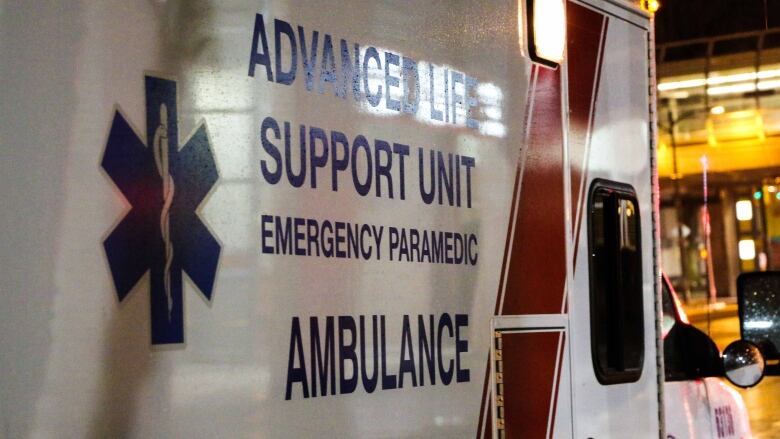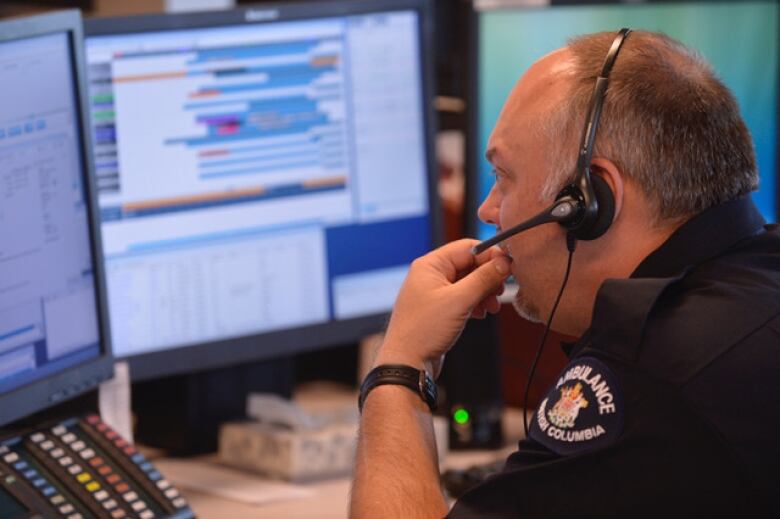Paramedics helping 911 dispatchers with secondary triaging of calls
'Sometimes the [existing] triaging system doesnt quite pick up the severity of the case'

B.C. Emergency Health Services has launched a pilot program for paramedics to help 911 dispatchers detect callers who may be in need of extra assistance.
Neil Lilley with B.C. Emergency Health Services says the paramedics have live access to notes taken by dispatchers and can jump into a call for "secondary triaging" at any time, if they feel there is something unusual about the call. Dispatchers can also request the paramedics' assistance on their own.
Lilley says when a dispatcher receives a 911 call, they run through a set of questions with the caller and use the responses to determine what degree of response is needed: for example, isa basic paramedic ambulance or an advanced life support unit required?
"Sometimes the triaging system doesn't quite pick up the severity of the case," he said. "Those paramedics are looking for cases that don't seem quite right.
"There are those odd calls that present which are rare conditions. Perhaps the answers that the caller has given don't quite sit right with a clinician and they're able to do some advanced triage based on their clinical knowledge, just in case anything does fall through the net."

Resource management
Lilley says the paramedics can also listen in to see if some callers would be better served by a non-ambulance response to their call.
He gives the example of a call from an elderly person about a blocked catheter. Perhaps a trip to the hospital, the standard response, is not right for all patients in that situation.
"It may be that a nurse can go out to the patient at the house, unblock the catheter in the comfort of their own home and do it a lot quicker than they would need to if they went to an emergency department," he said.
He says part of the goal of the pilot program is to better manage medical resources.
The number of 911 calls isgoing up eight percent every year and with an aging population, growing population and the ongoing overdose crisis, managing resources is becoming more important than ever.
Thesecondary triaging is currently only being done with calls from the Lower Mainland, but Lilley says the goal is to bring it to other parts of the province within 12 to 18 months.
Another goal is to attach other medical professionals to the program, like nurses.












_(720p).jpg)


 OFFICIAL HD MUSIC VIDEO.jpg)
.jpg)



























































































